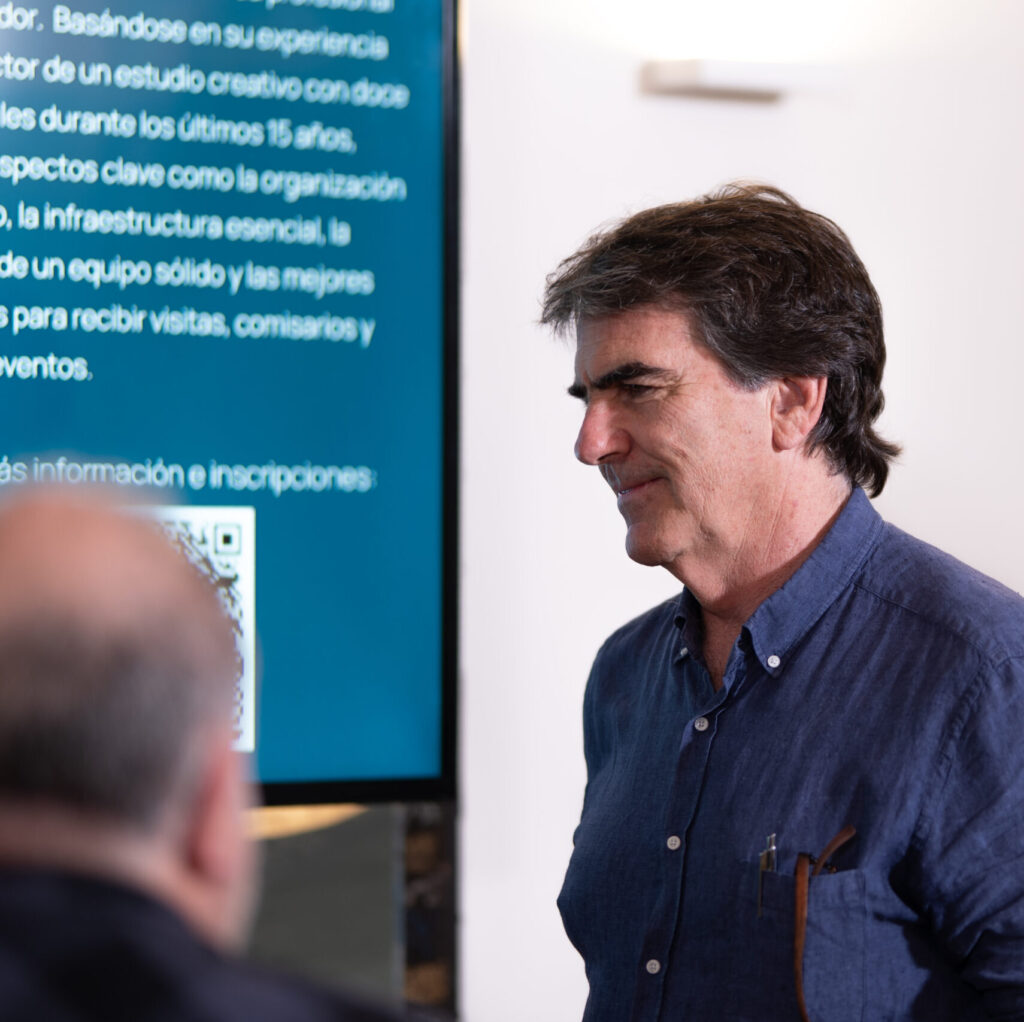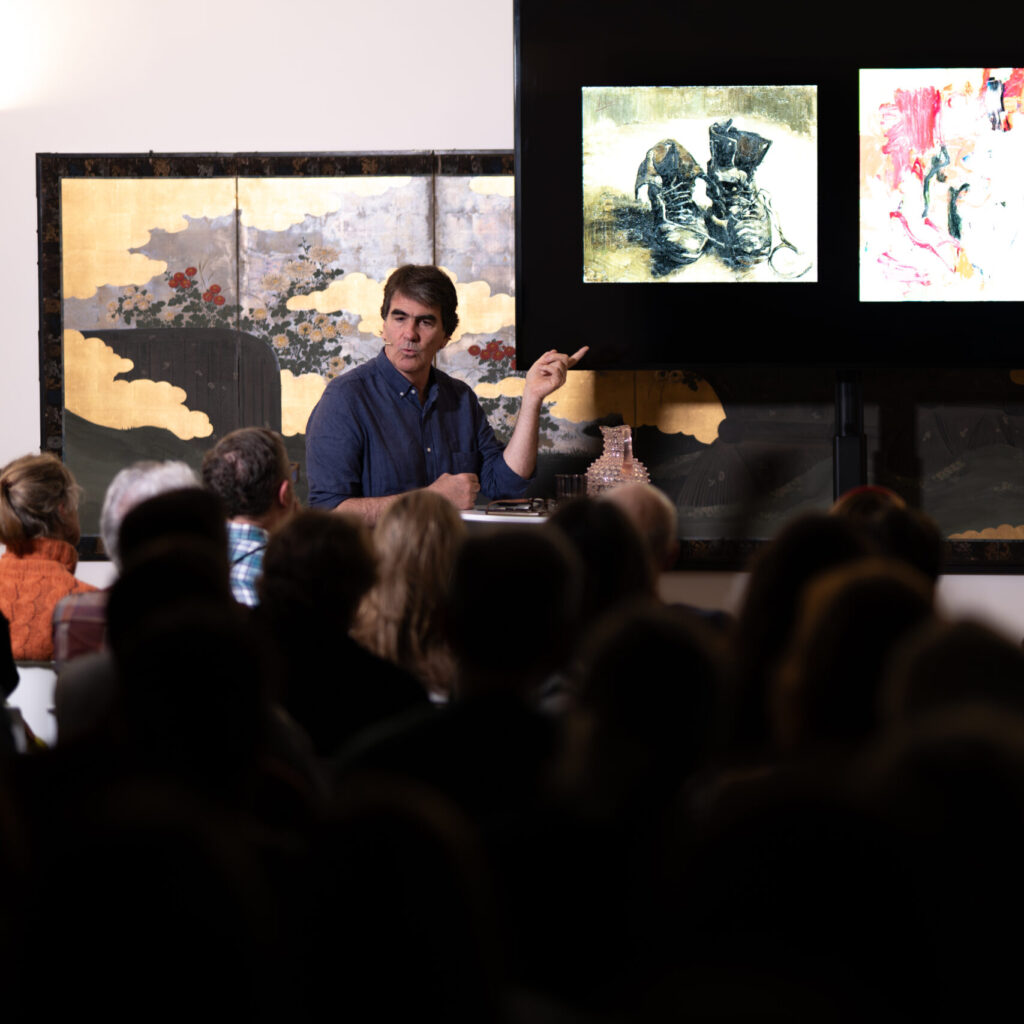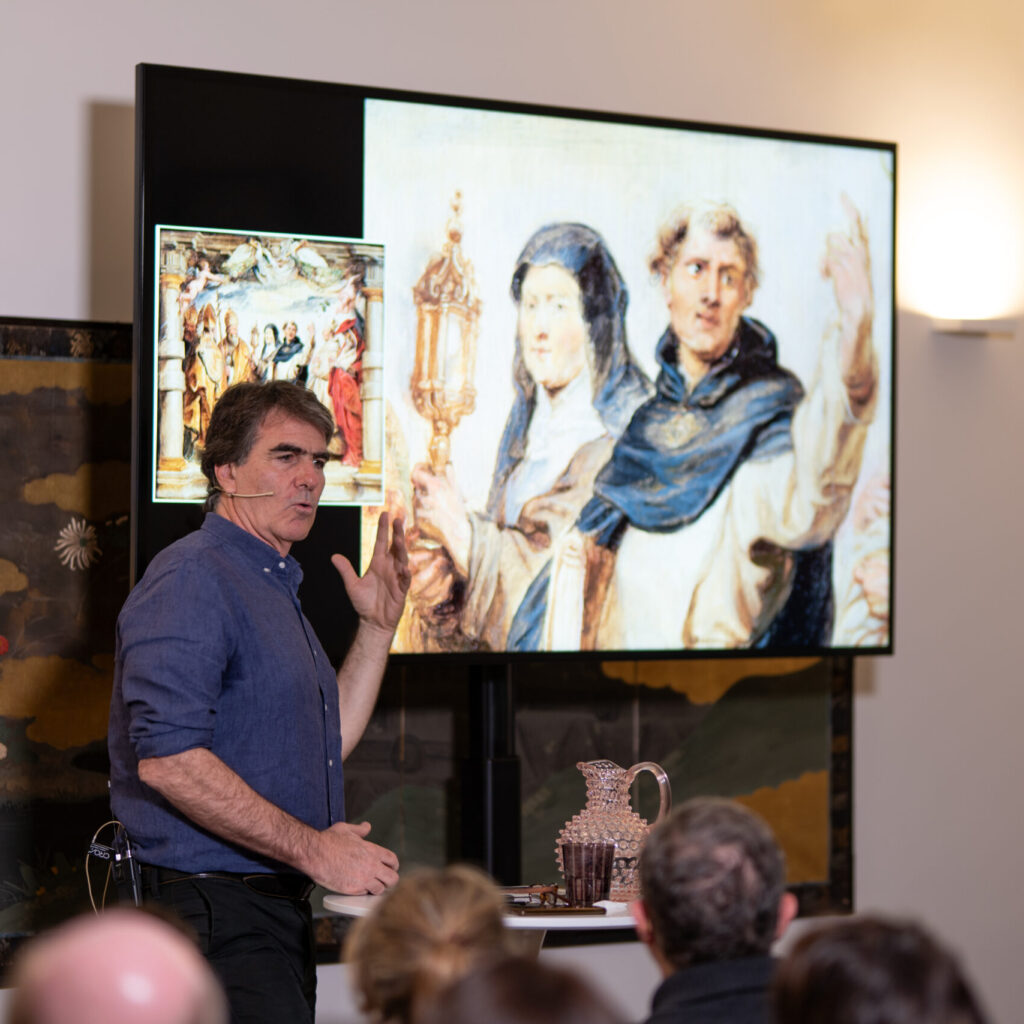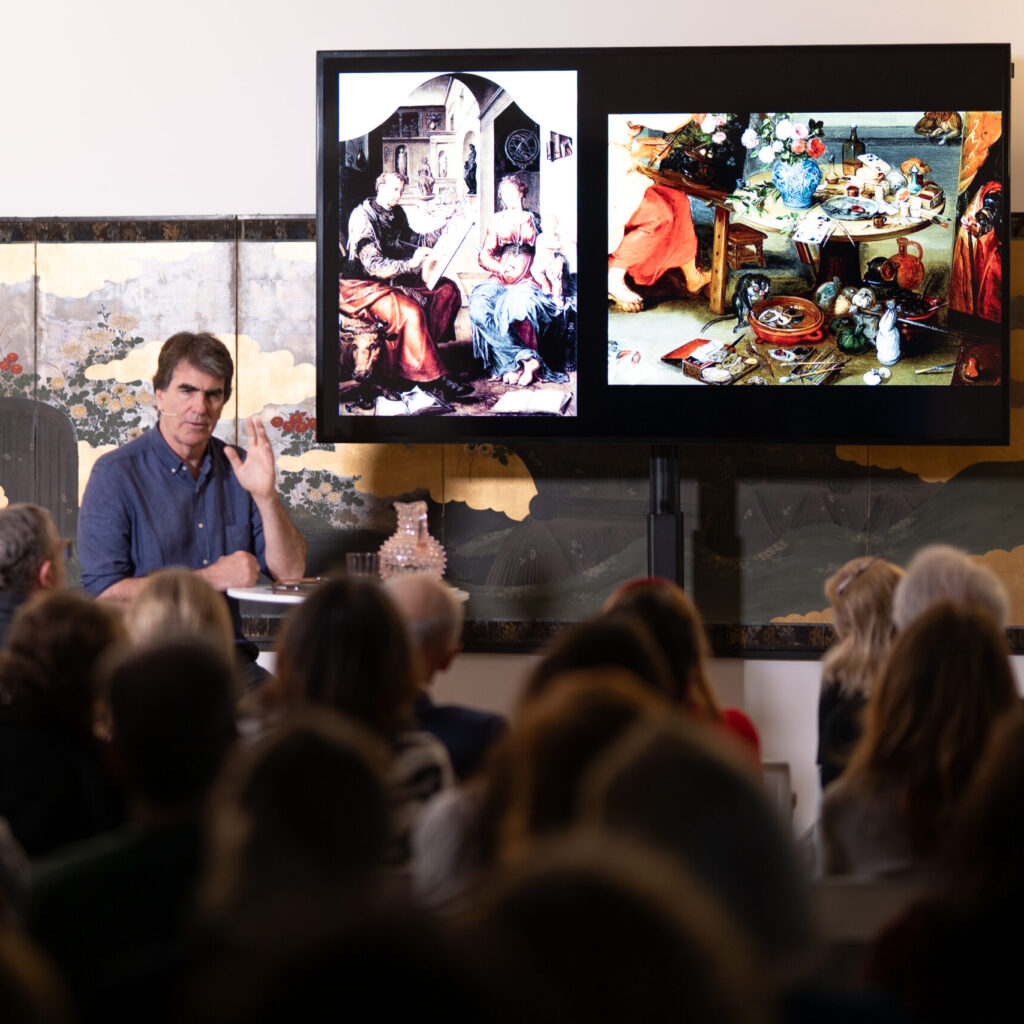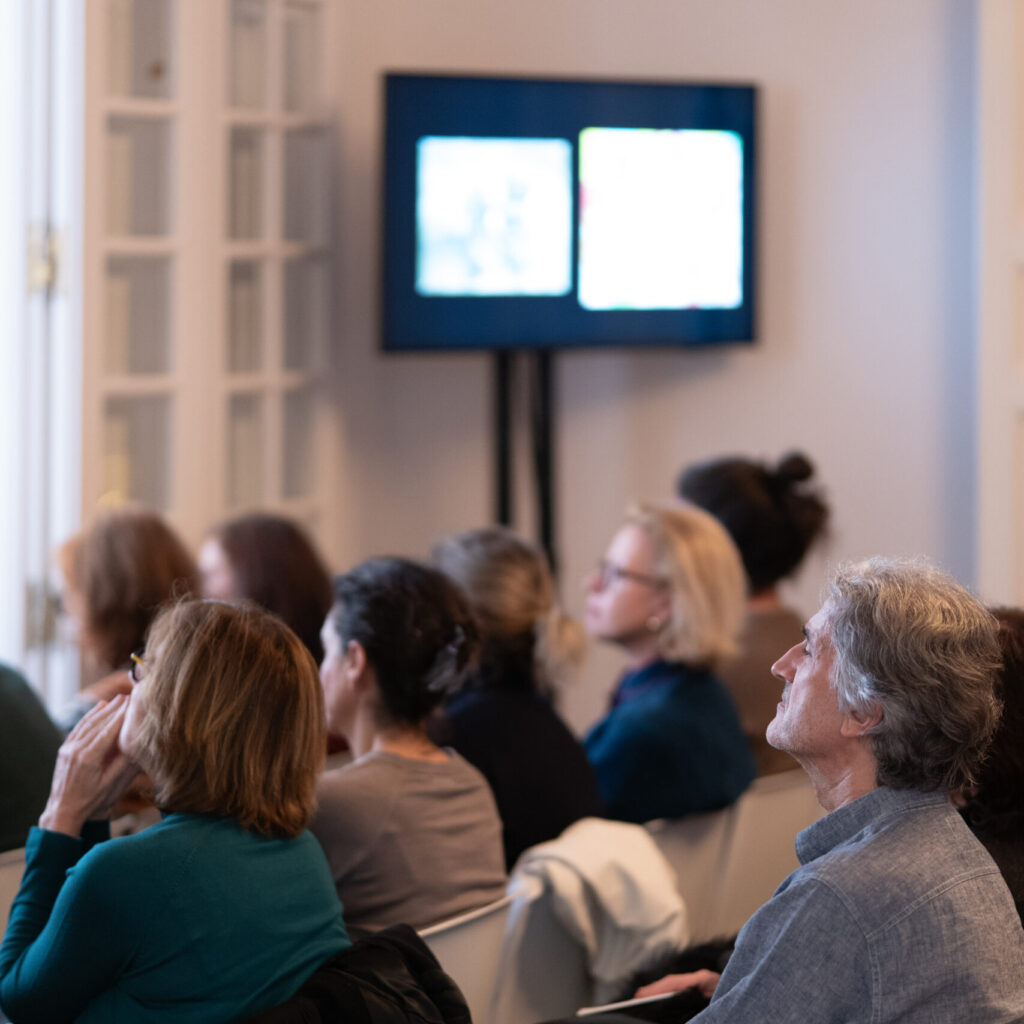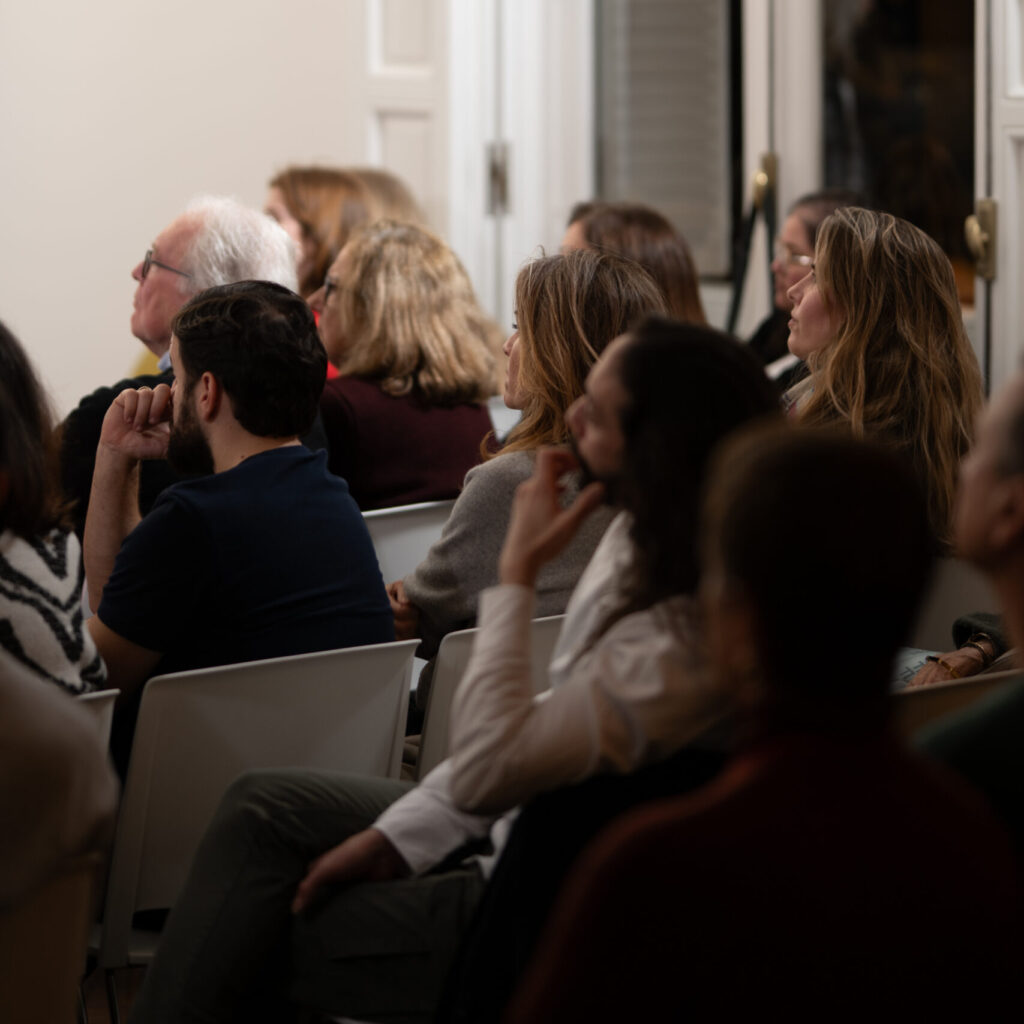Presentation
In artistic creation, an artist employs their practical knowledge and aesthetics – skills and personal research. In order to understand this approach, it is important to appreciate the possibilities and limitations that painting practice and techniques impose on artists.
European painters of the Modern Age worked in workshops (in Spanish they were called ‘obradores’) and made use of multiple collaborators. One of the most prolific and successful workshops was that of Peter Paul Rubens (1577-1640). At that time, paintings were painted in phases, a method that allowed for the division of labour. One consequence of this was the production in the same workshop of works of different qualities, which were sold at different prices. This will be one of the issues at the centre of Alejandro’s talk. Another will be the idea that the fundamental tool of art is language. That is where we find its essence. Alejandro will explain what this maxim means in the case of Rubens’ painting.
Additional information
Limited places are available and will be assigned by registration only.
——
Image credits: “The Recognition of Phililpoemen”, Peter Paul Rubens, Circa 1609. Oil on canvas | Copyright © 2025. Museo Nacional del Prado
Video

Become a member of ADA to access the video.
If you are a member, enter your password.
Send
Speaker
Alejandro Vergara is Head of the Flemish Painting and Northern Schools Collection at the Museo Nacional del Prado. He holds a degree in Art History from the Complutense University of Madrid and a PhD in Art History from the Institute of Fine Arts, New York University, with a doctoral thesis on Rubens’s relationship with Spain. He has taught art history at the University of California, San Diego, and Columbia University, New York, before joining the Museo del Prado as a curator in 1999. A specialist in the painting of Rubens and 17th-century Flemish painting, he has also researched 16th- and 17th-century Dutch painting. At the Museo del Prado he has curated several exhibitions, including the recent “El taller de Rubens” (2024).


